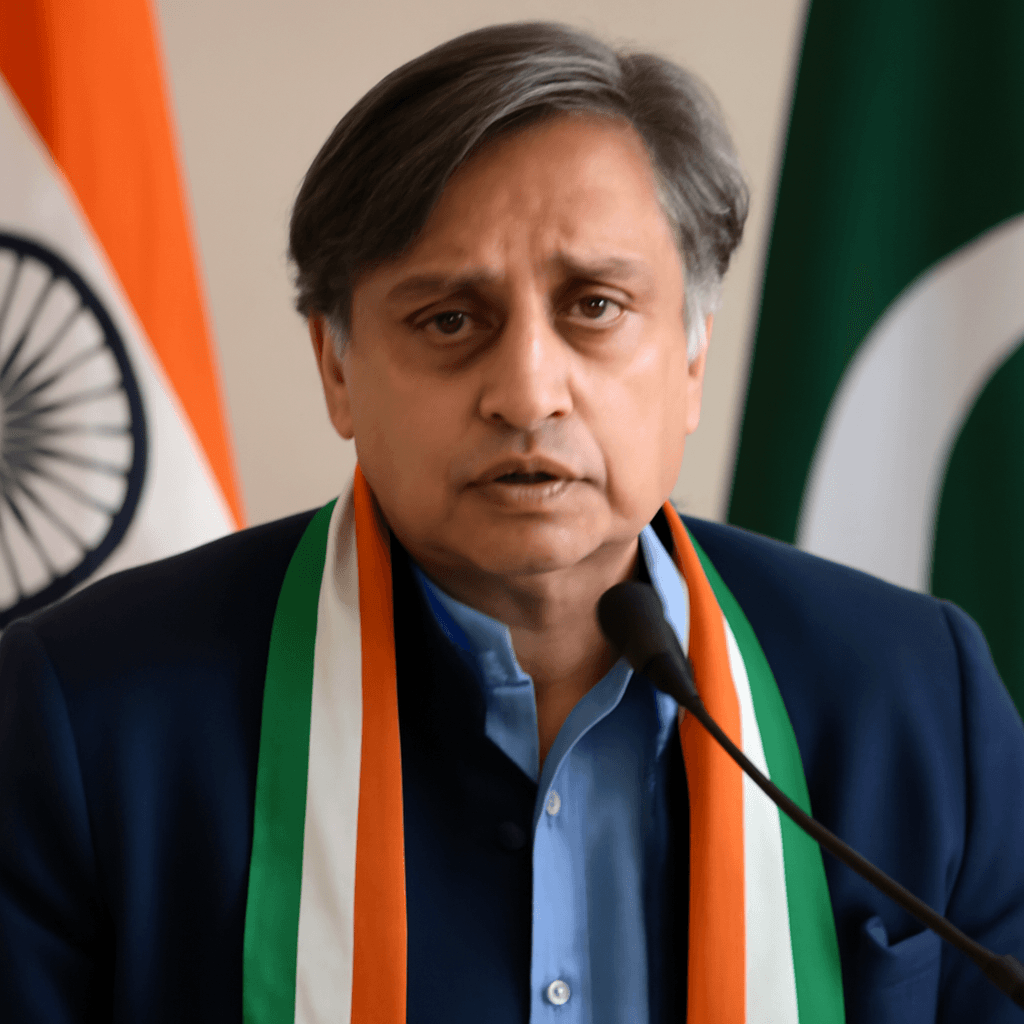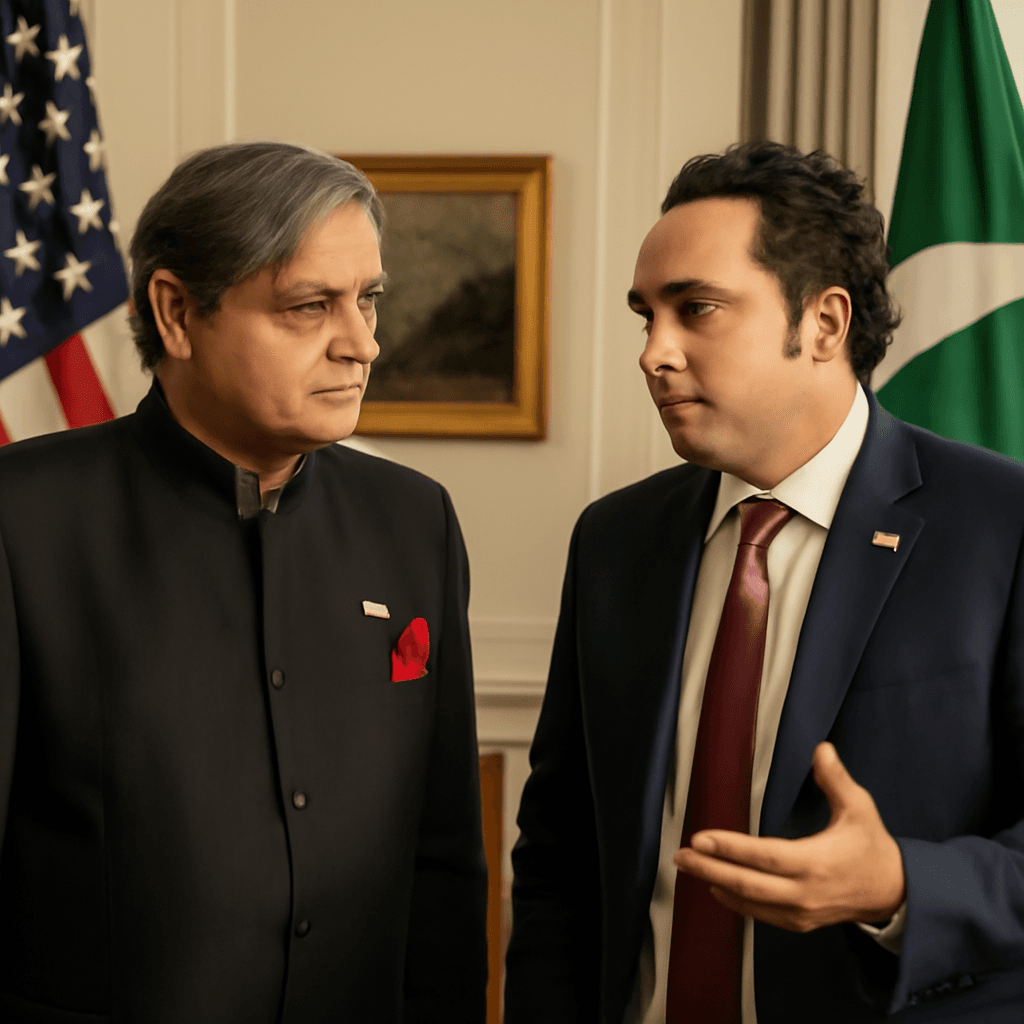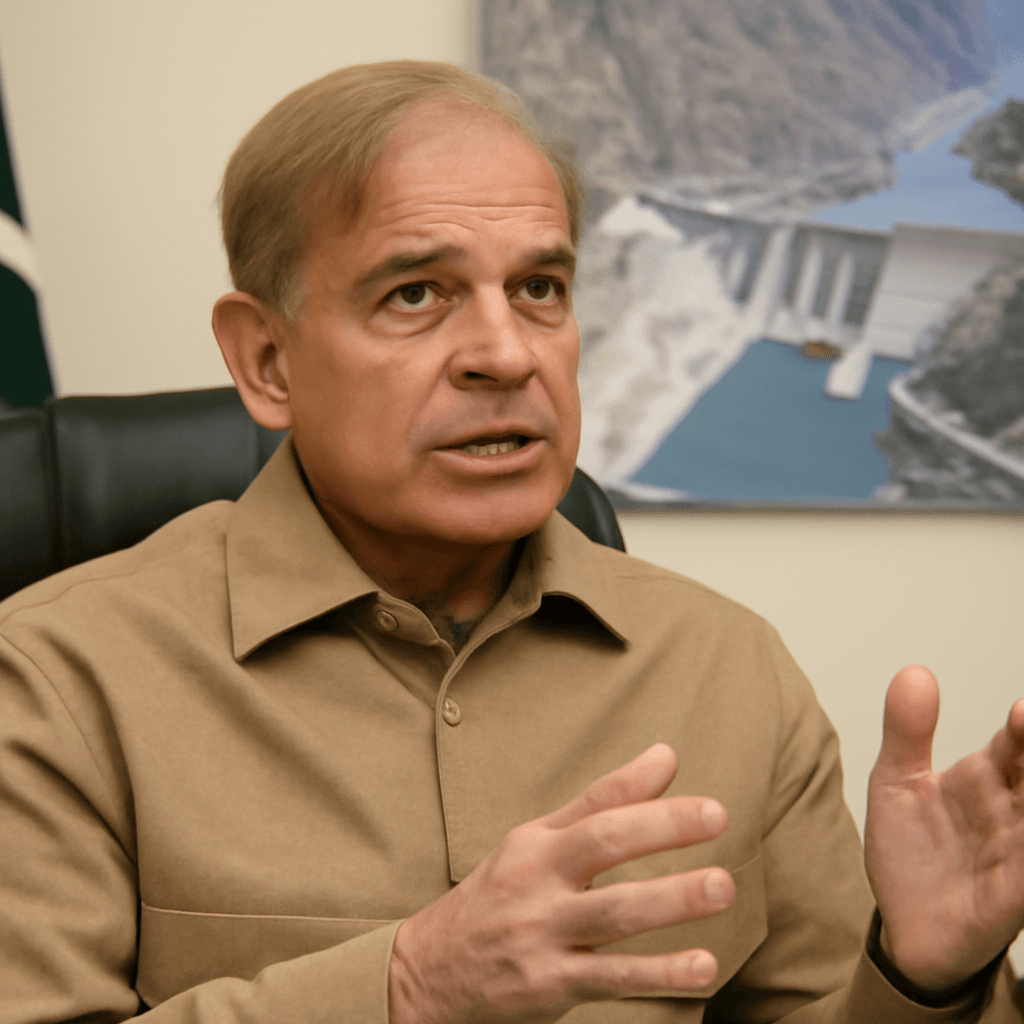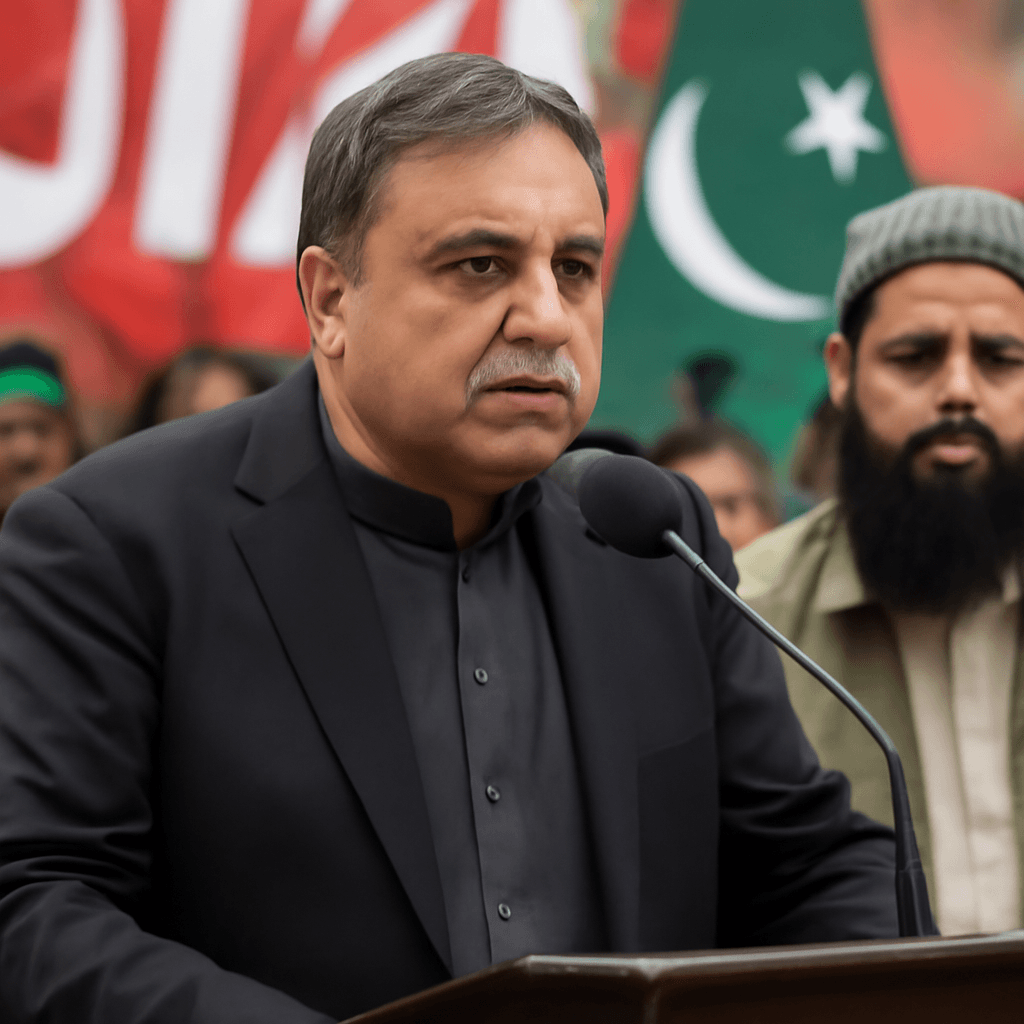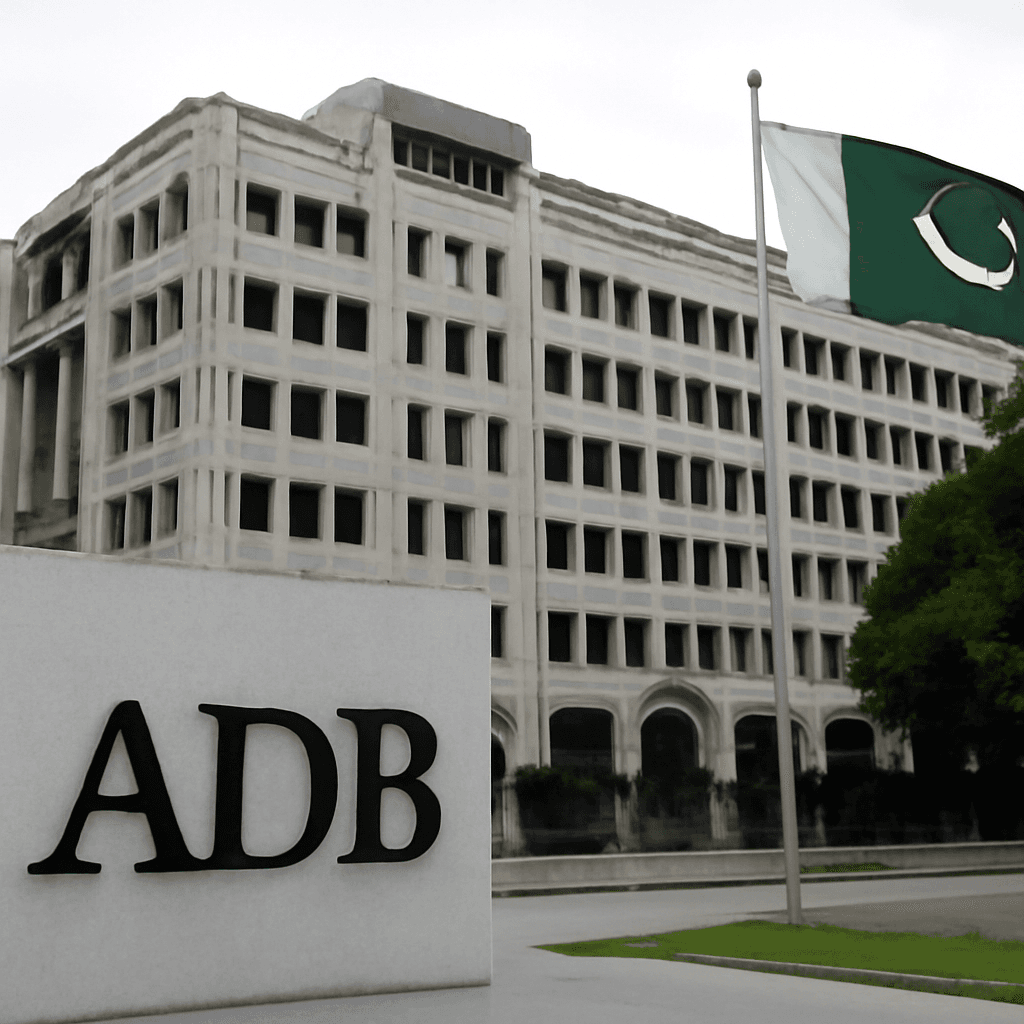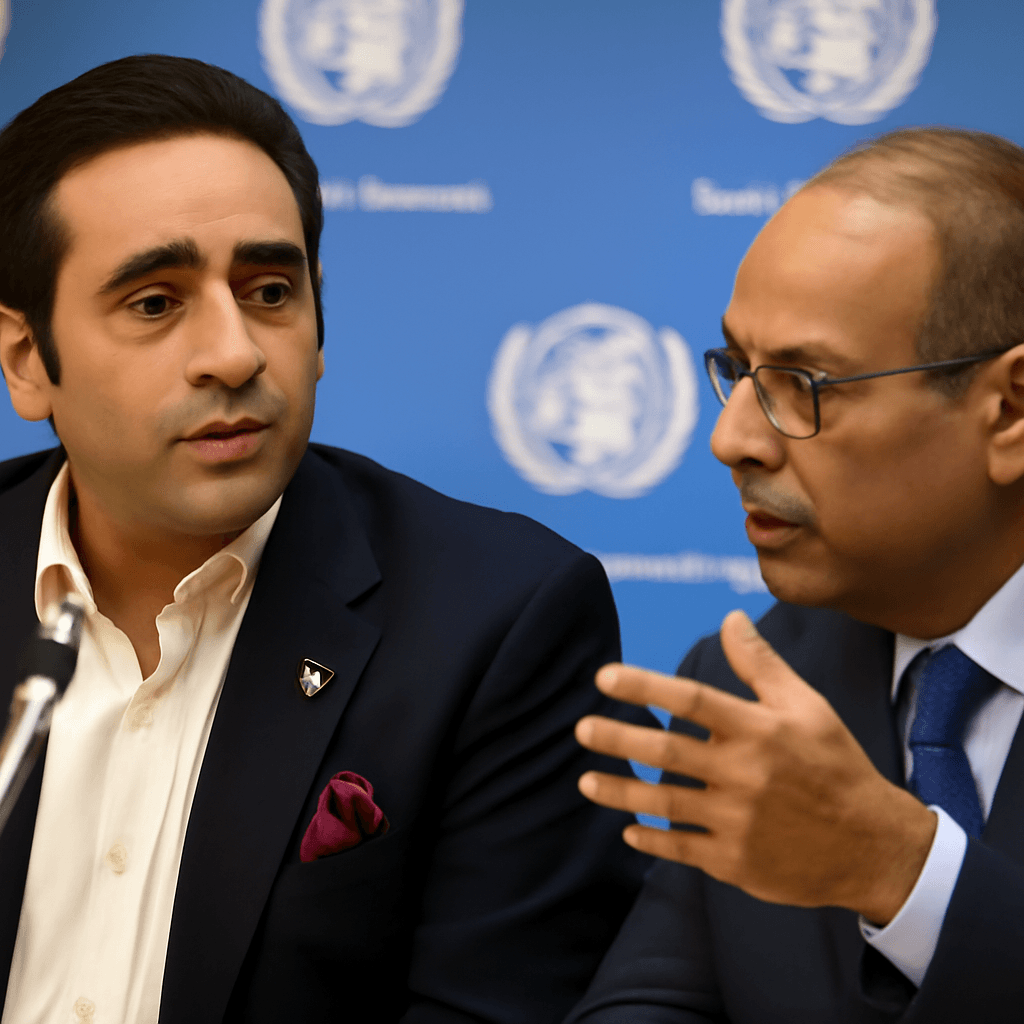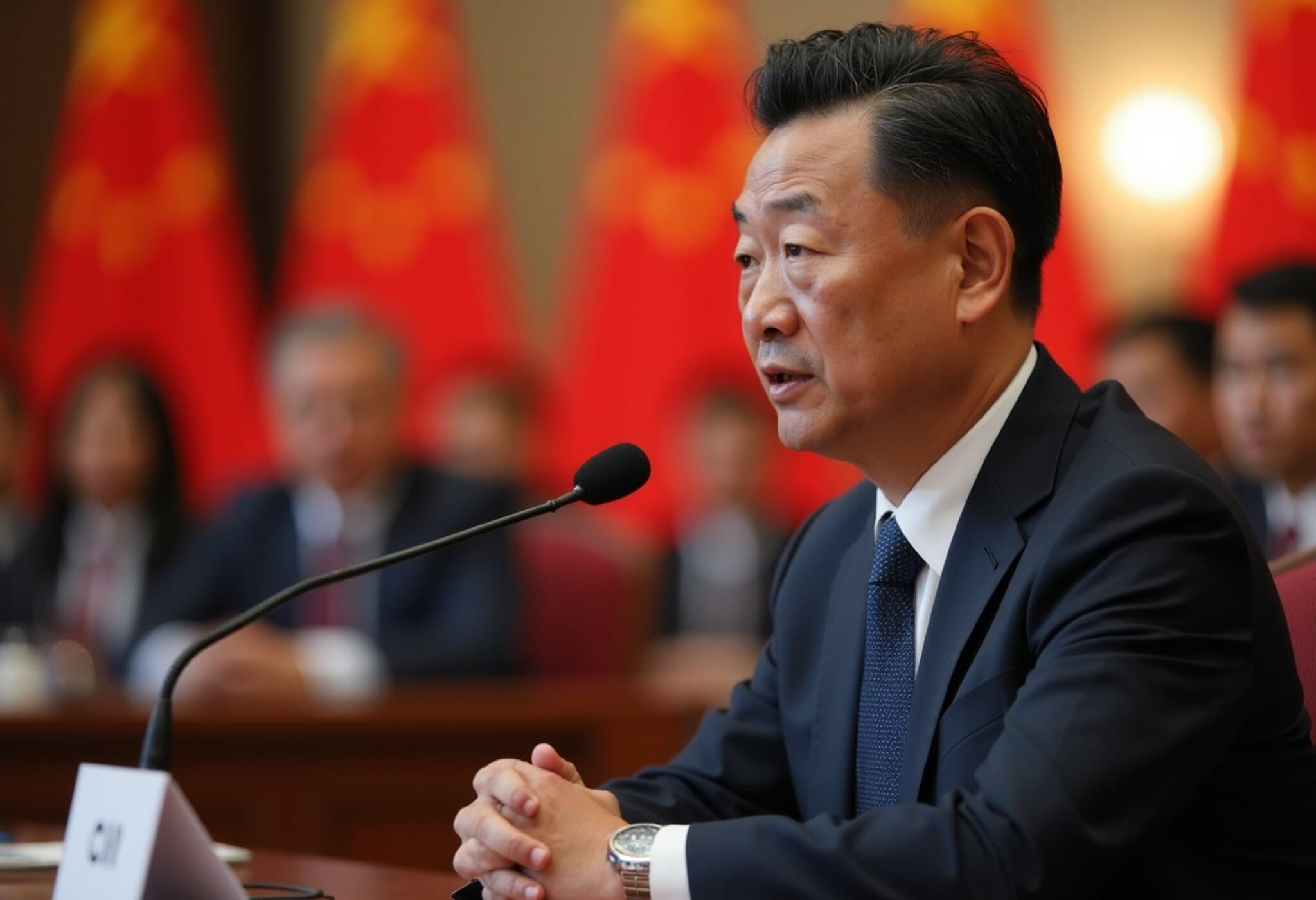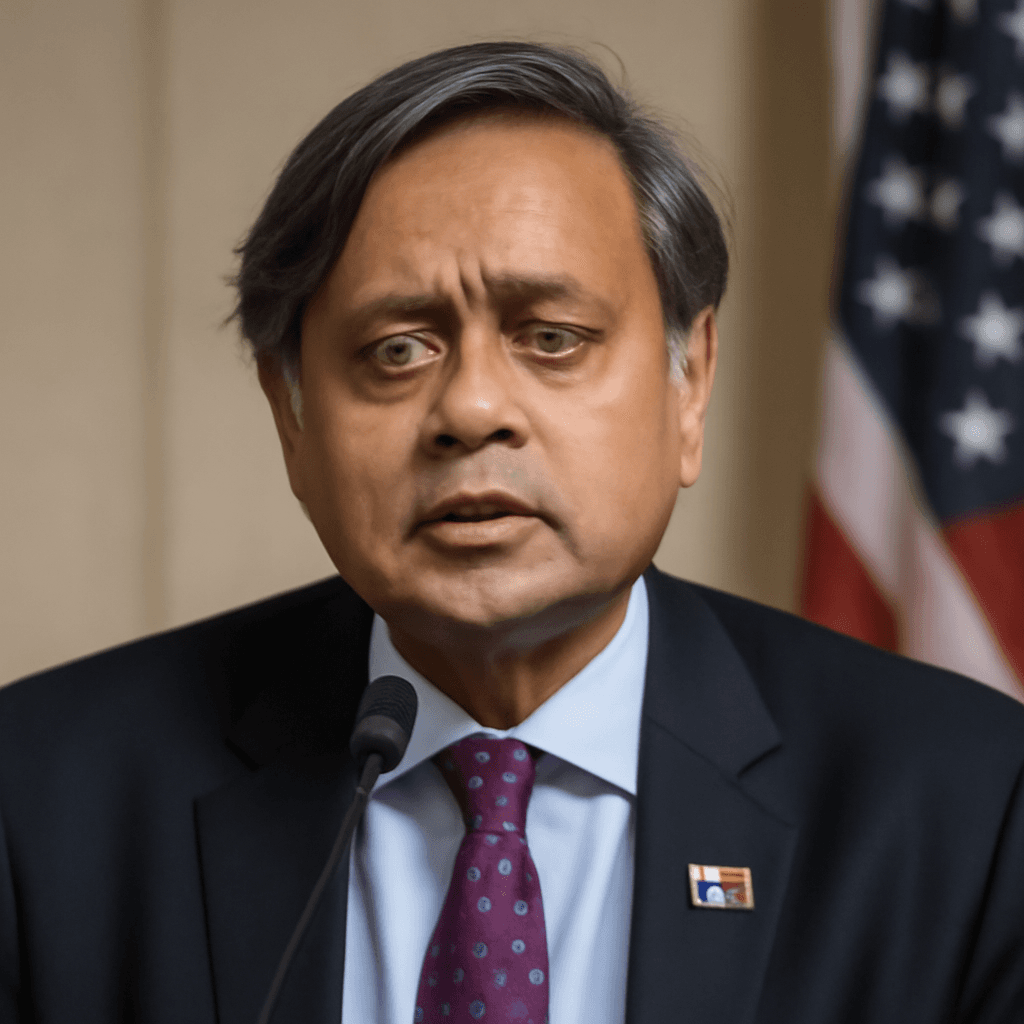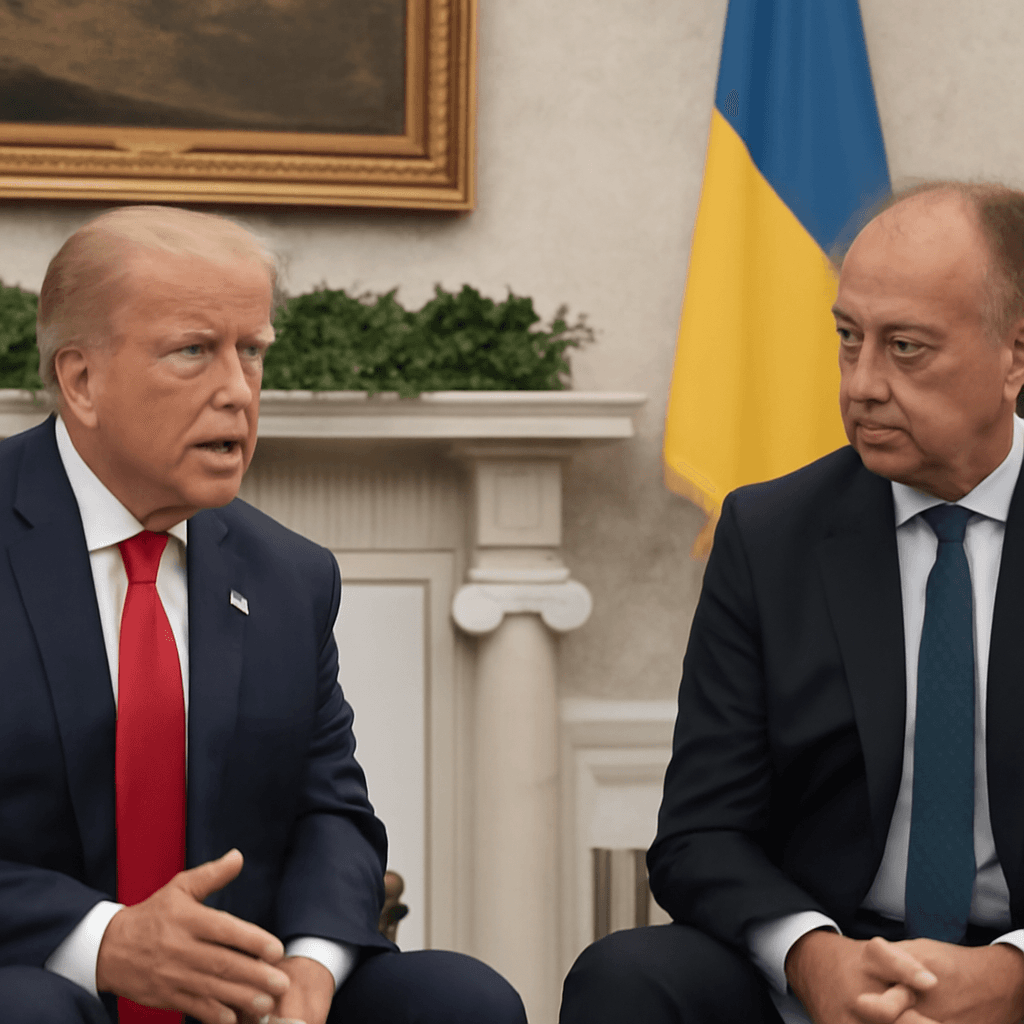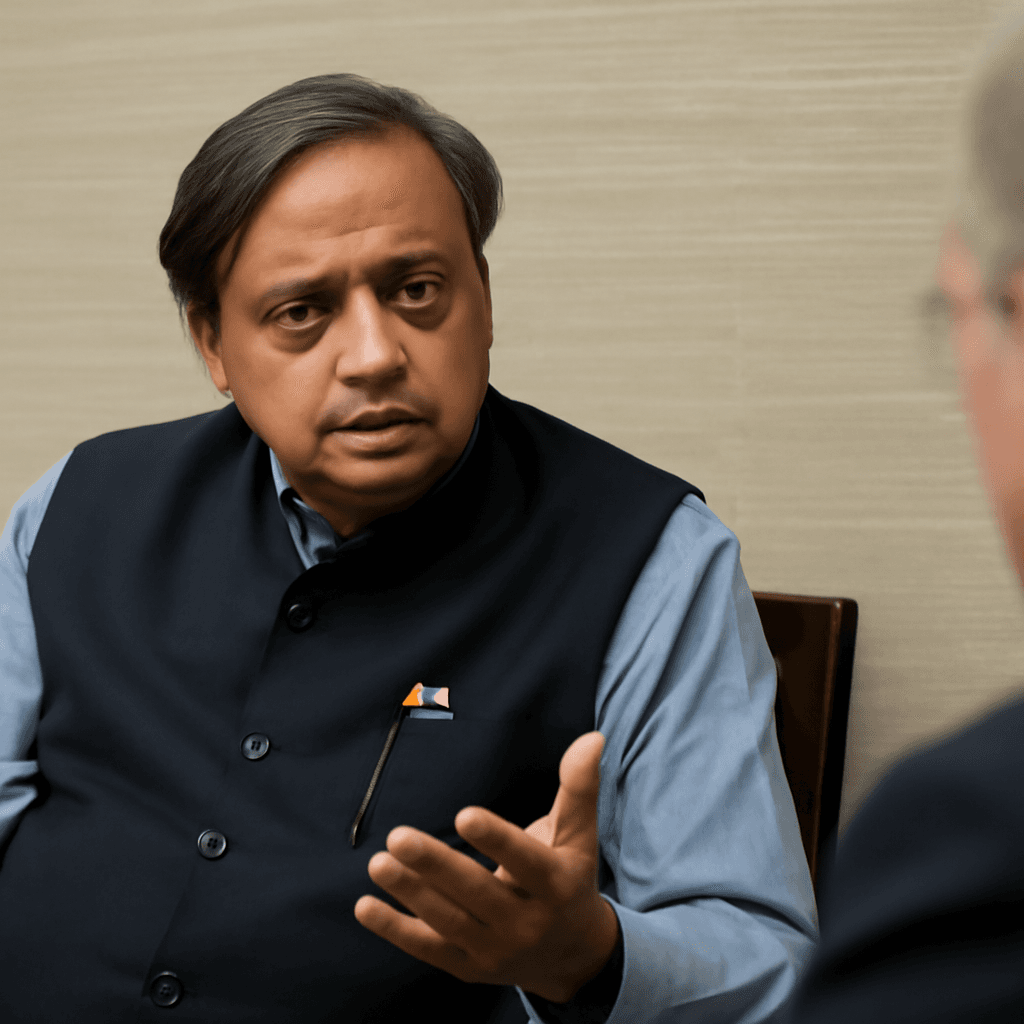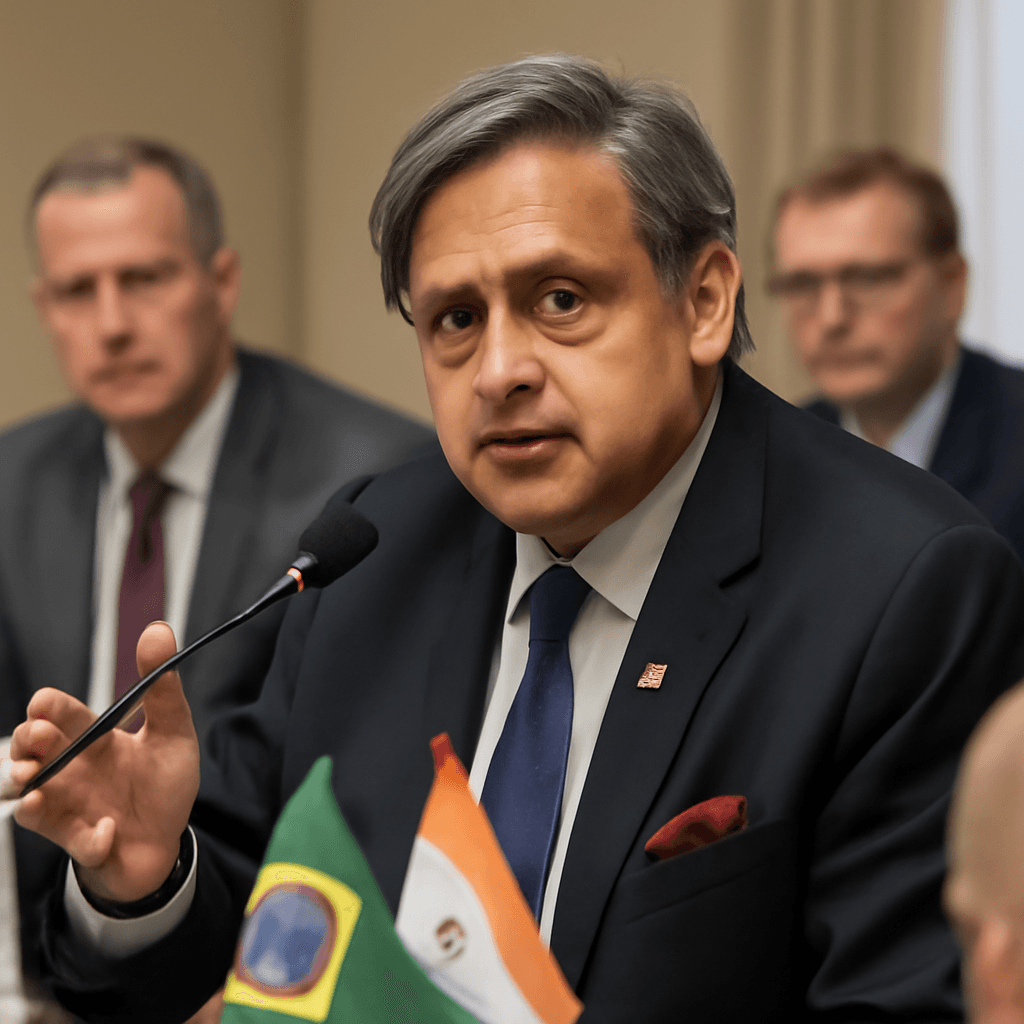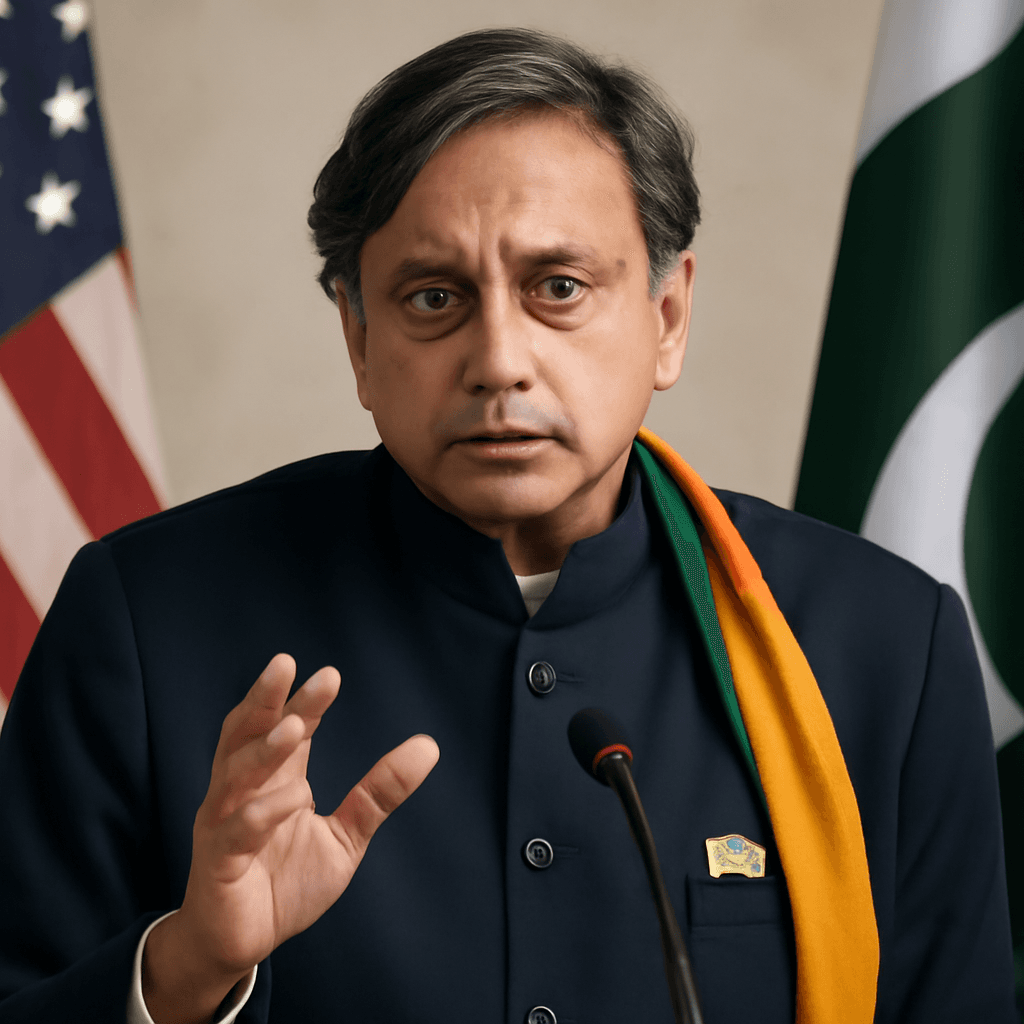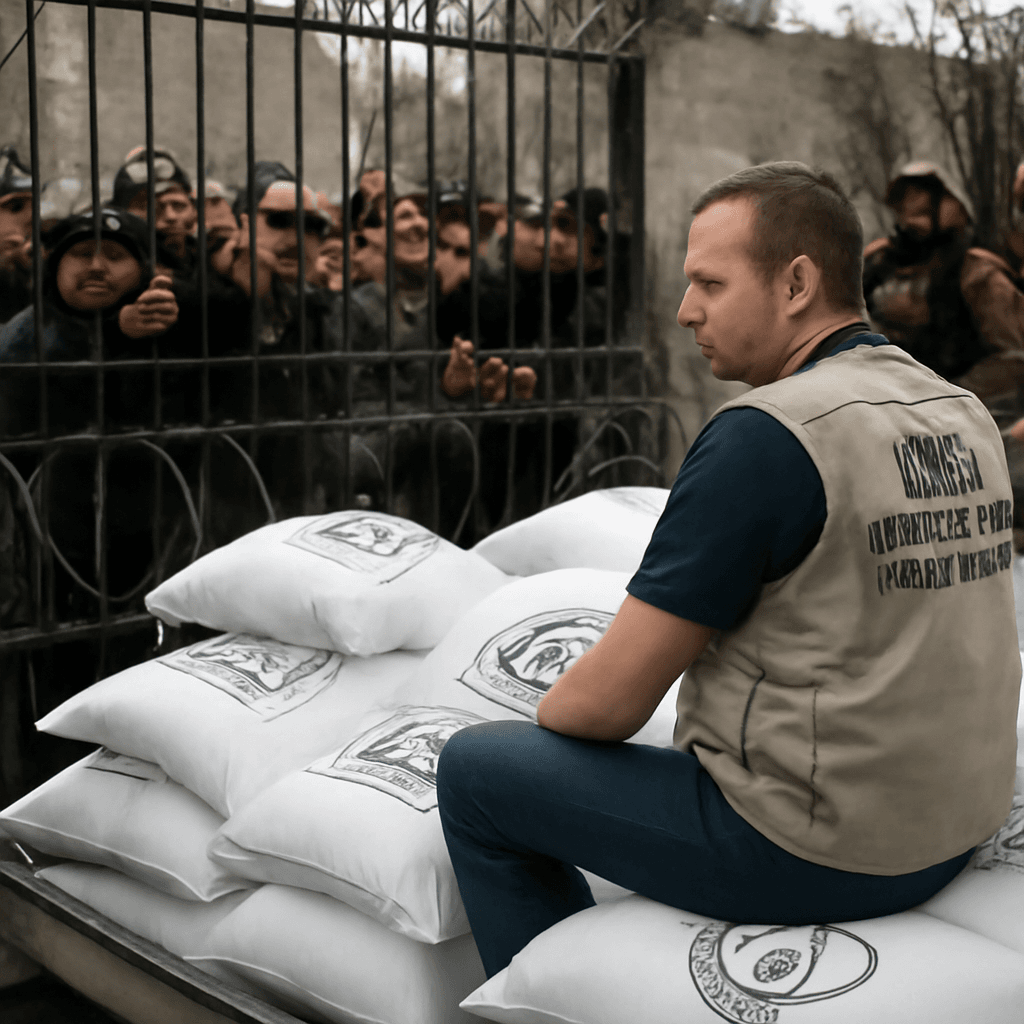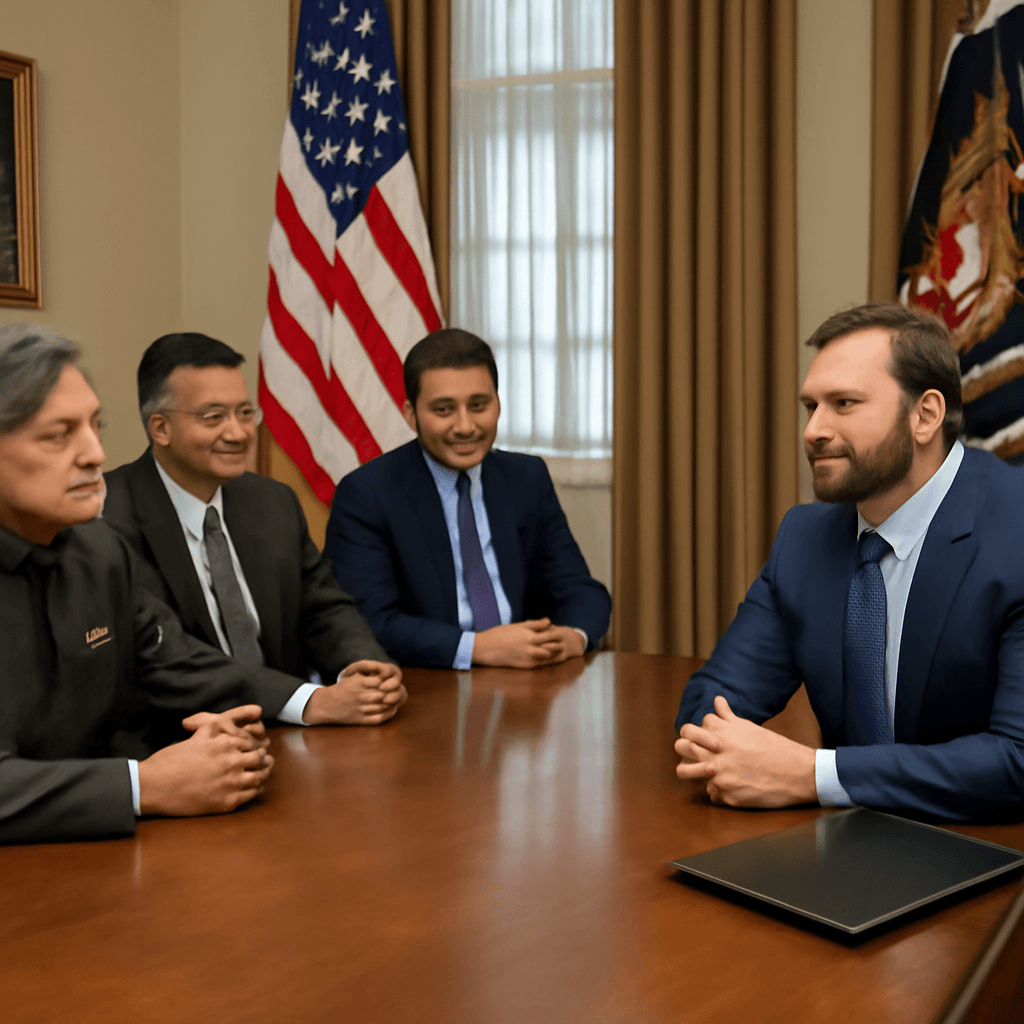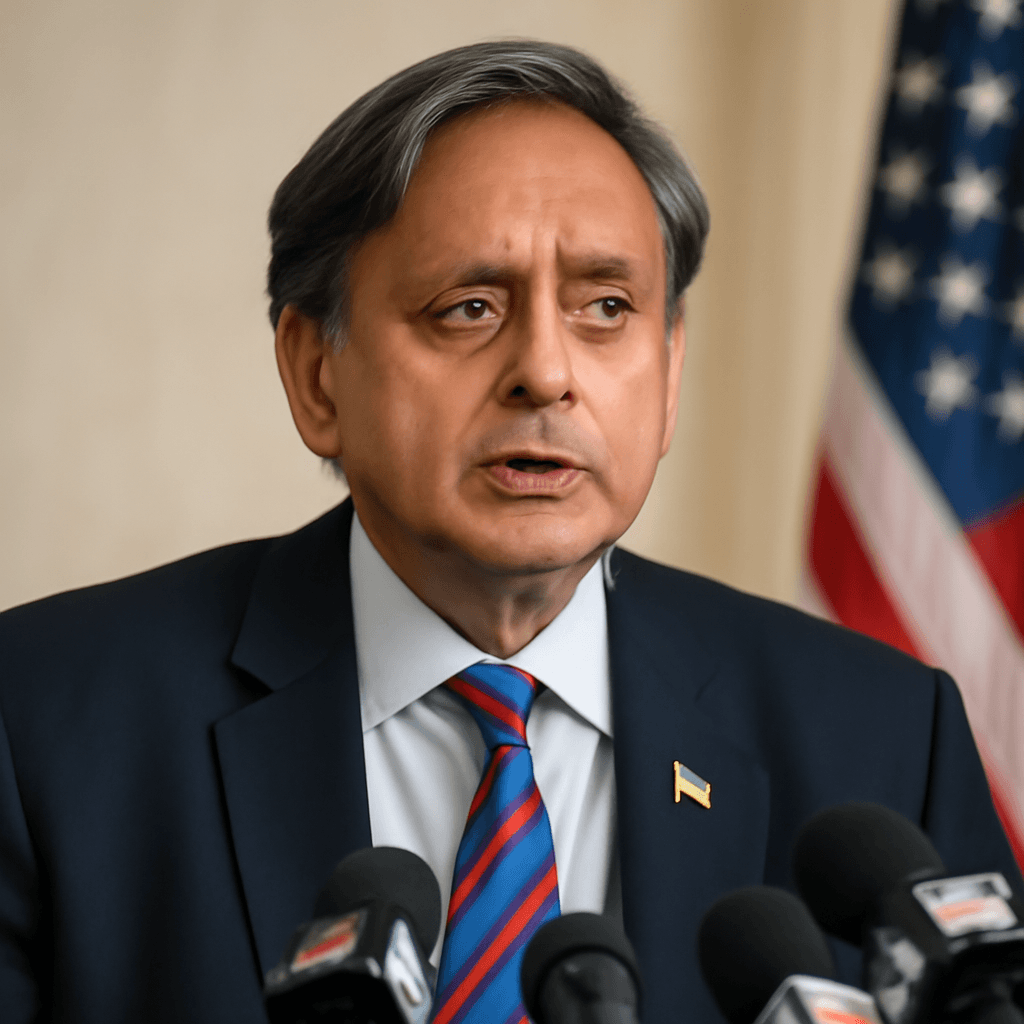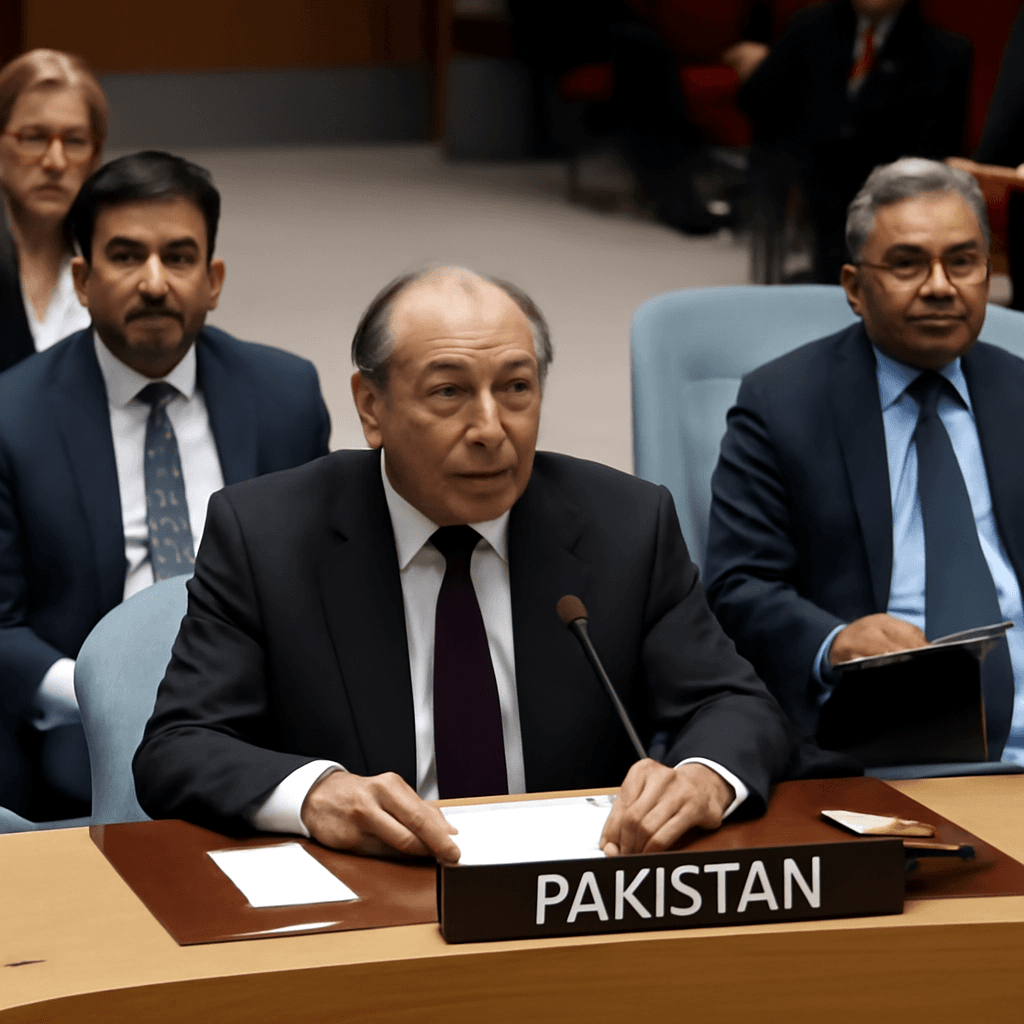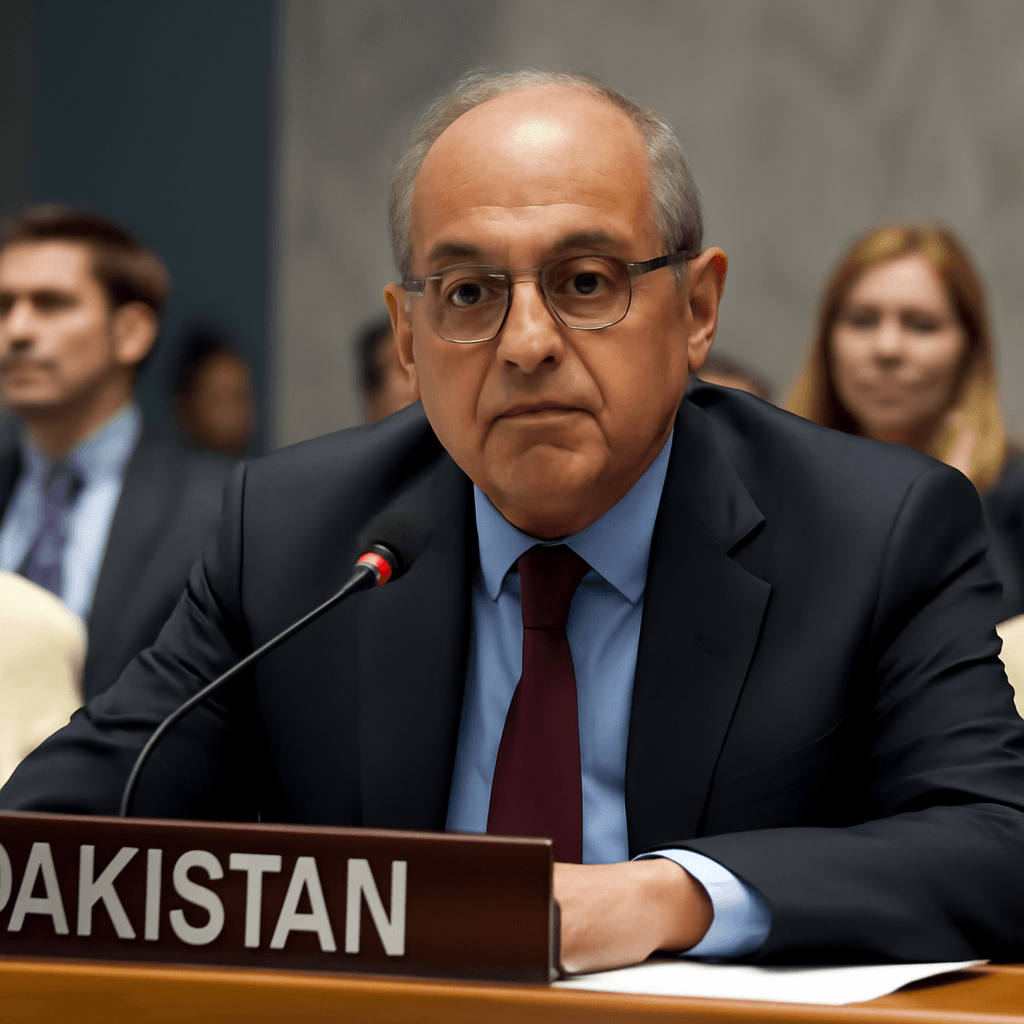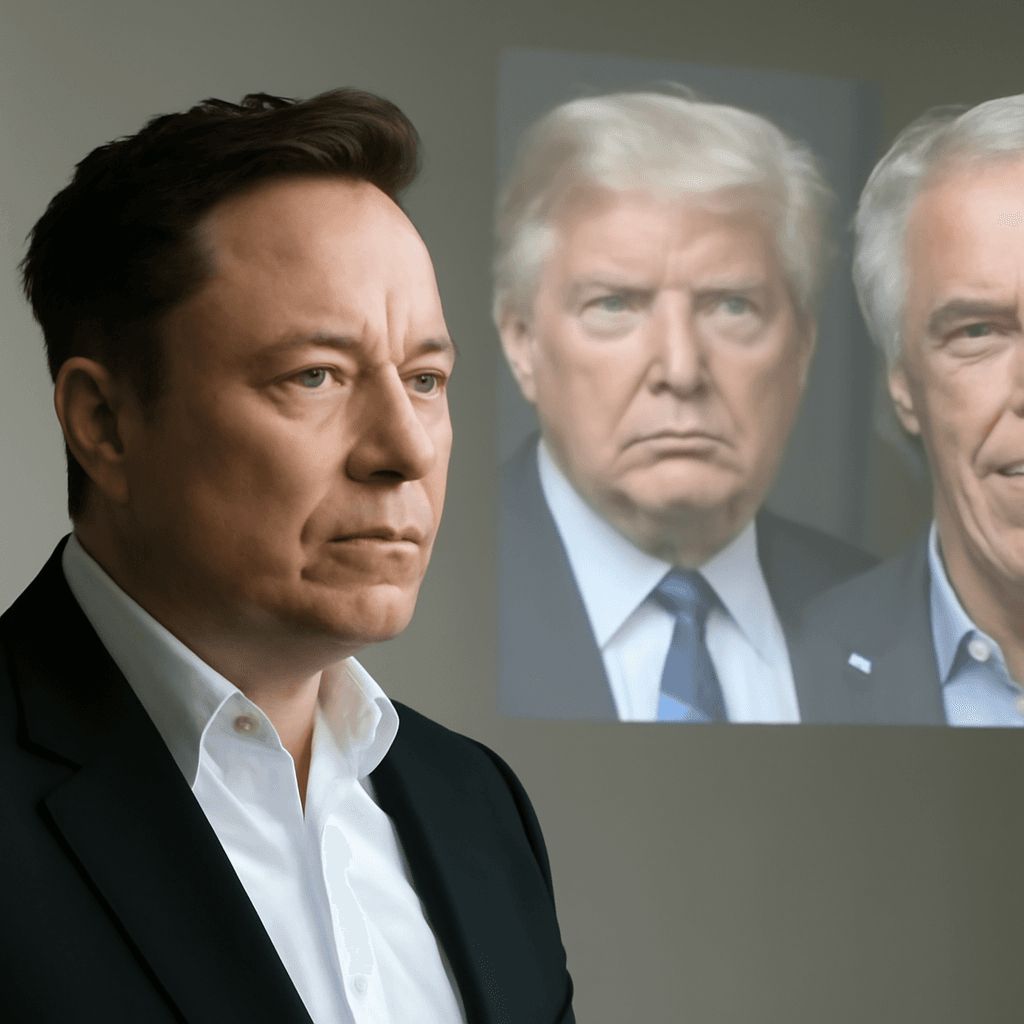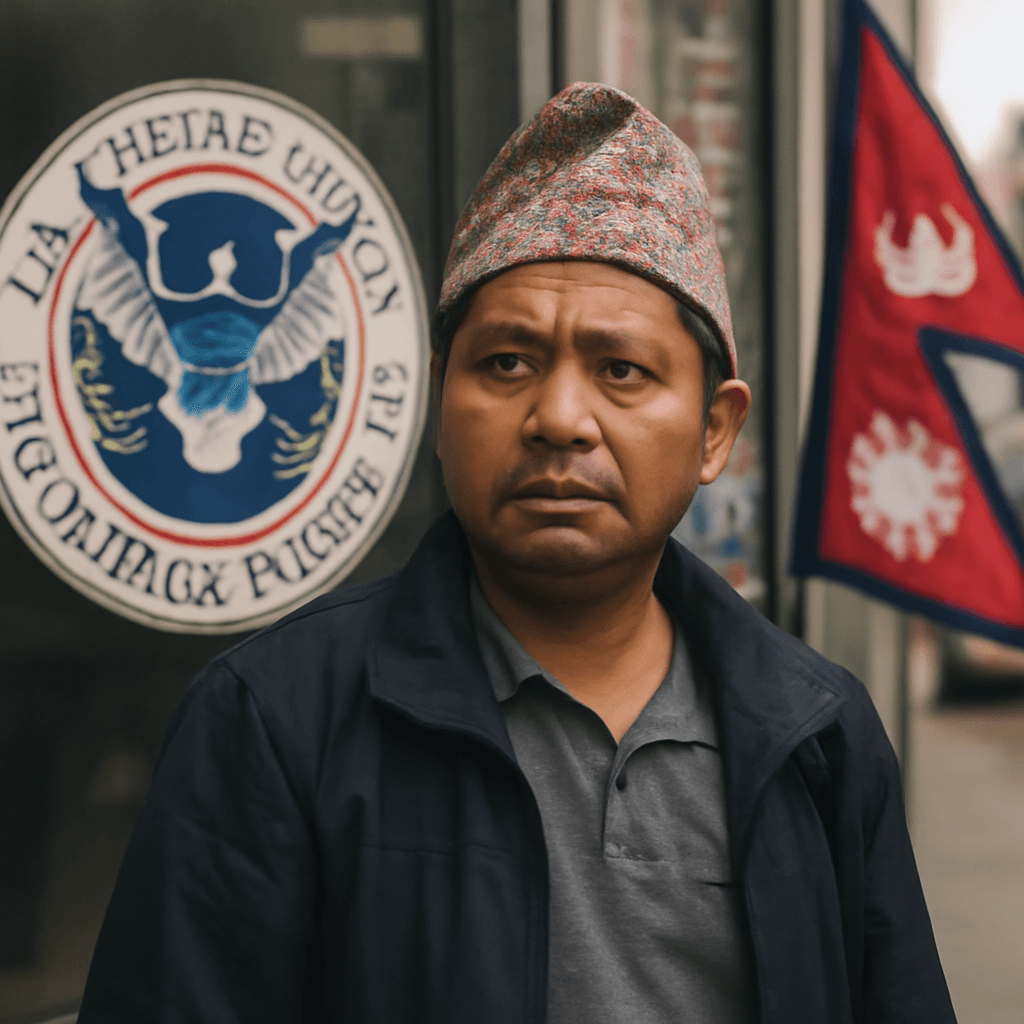China's Pivotal Influence in India-Pakistan Dynamics
Congress leader Shashi Tharoor recently emphasized the significant role China plays in the ongoing confrontation between India and Pakistan. Speaking during a multi-party parliamentary delegation visit to the United States, Tharoor underscored that India cannot overlook China's involvement due to its strategic interests in Pakistan.
China's Strategic Ties with Pakistan
Tharoor highlighted that approximately 81% of Pakistan’s defence equipment is sourced from China, describing the nature of this relationship as one that extends beyond mere defense to offensive capabilities. He pointed out that the China-Pakistan Economic Corridor (CPEC) stands as the largest project under China’s Belt and Road Initiative, deepening economic and strategic connectivity between the two nations.
Recent Diplomatic Engagements between India and China
Despite the strained relations following the Galwan Valley clashes in June 2020, India and China began efforts to improve ties in September 2024. According to Tharoor, these developments appeared promising until recent escalations in the India-Pakistan conflict.
India has maintained open communication channels with all neighbors, including adversaries, focusing on development, trade, and growth rather than hostility. Notably, trade between India and China remains robust, reflecting a complex relationship that balances cooperation and competition.
UN Security Council and Pakistan's Role
Pakistan currently holds a non-permanent seat on the United Nations Security Council. After a terrorist attack in Jammu and Kashmir in April 2025, the Security Council issued a statement condemning the act, urging accountability for those involved. However, the council’s statement omitted naming the militant group responsible following Pakistan's intervention with support from China.
India's Military Response and Strategic Adjustments
During ongoing hostilities, Tharoor revealed that India's military continually reassessed and adapted its strategies to counter Pakistan's use of Chinese military technology. This included countering integrated systems such as radars, GPS, aircraft, and missiles linked in a coordinated 'kill chain.' India’s effective response enabled strikes on 11 Pakistani airfields and breaching of Chinese-supplied air defenses.
Looking Ahead
Tharoor’s insights underline the complexity of regional geopolitical dynamics, especially the intertwined roles of India, Pakistan, and China. As the situation evolves, India remains focused on maintaining open dialogue and prioritizing economic development, while remaining vigilant about adversarial moves supported by significant international players like China.

